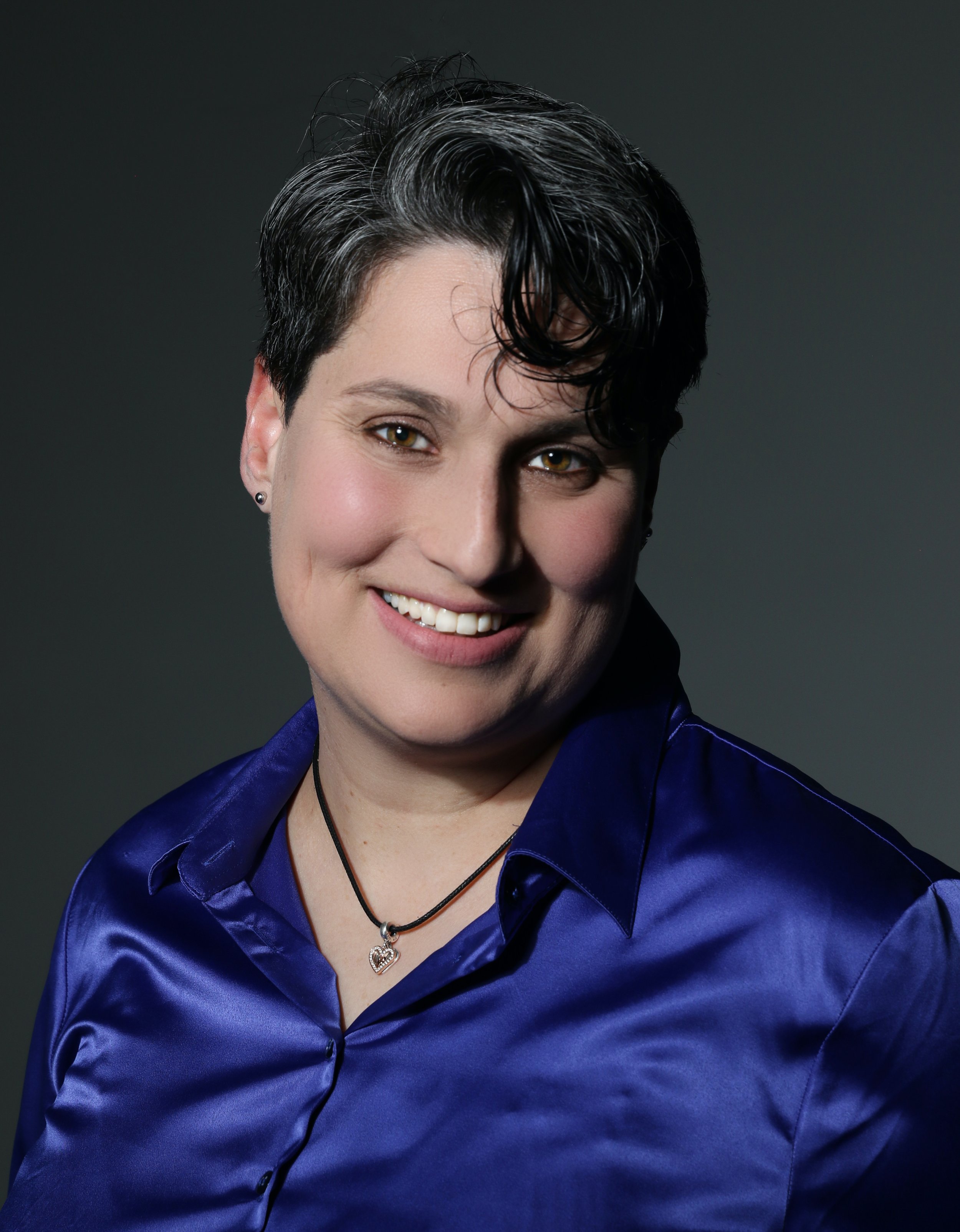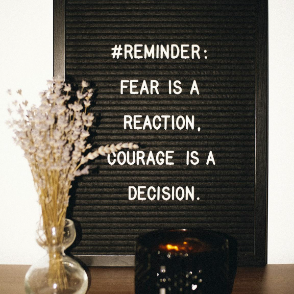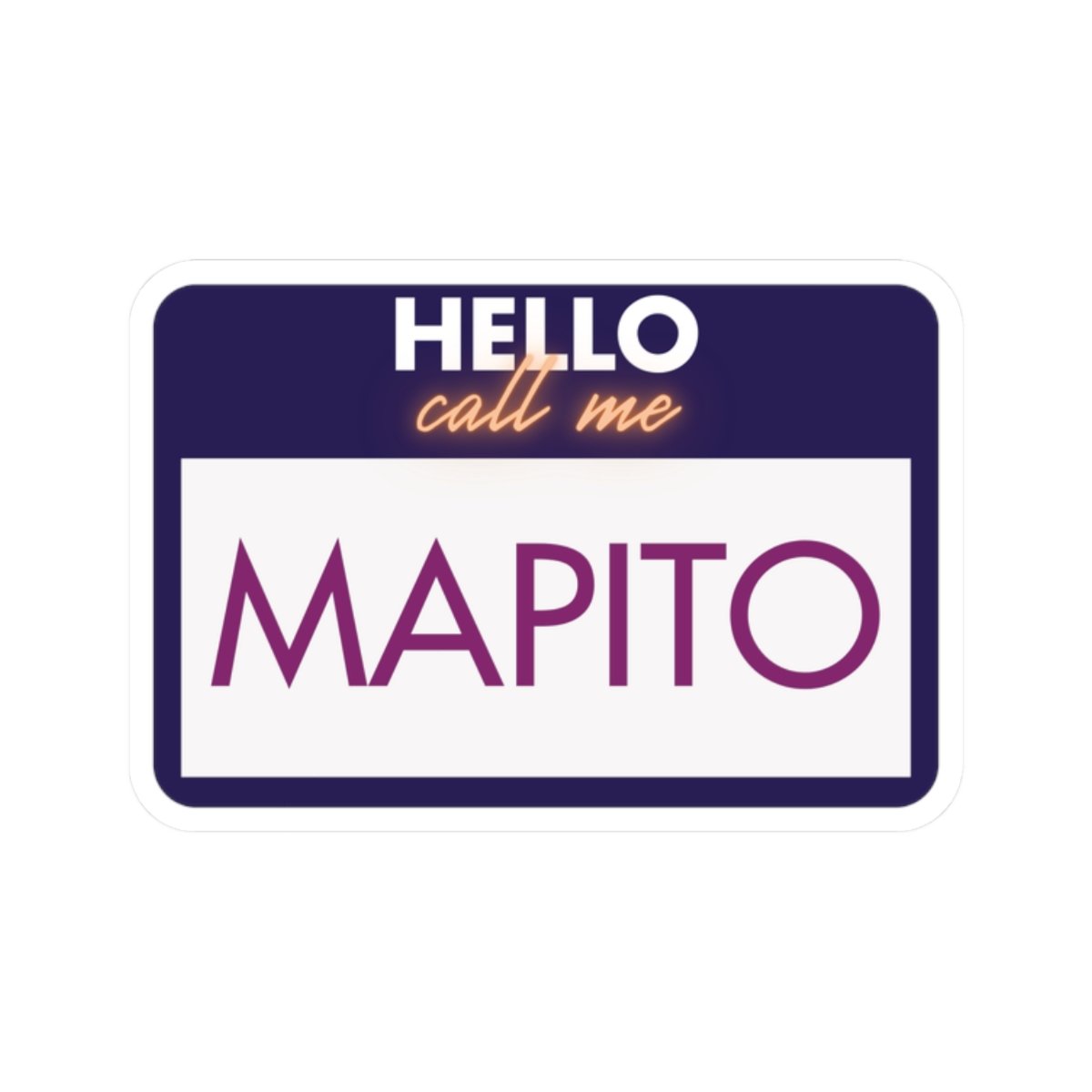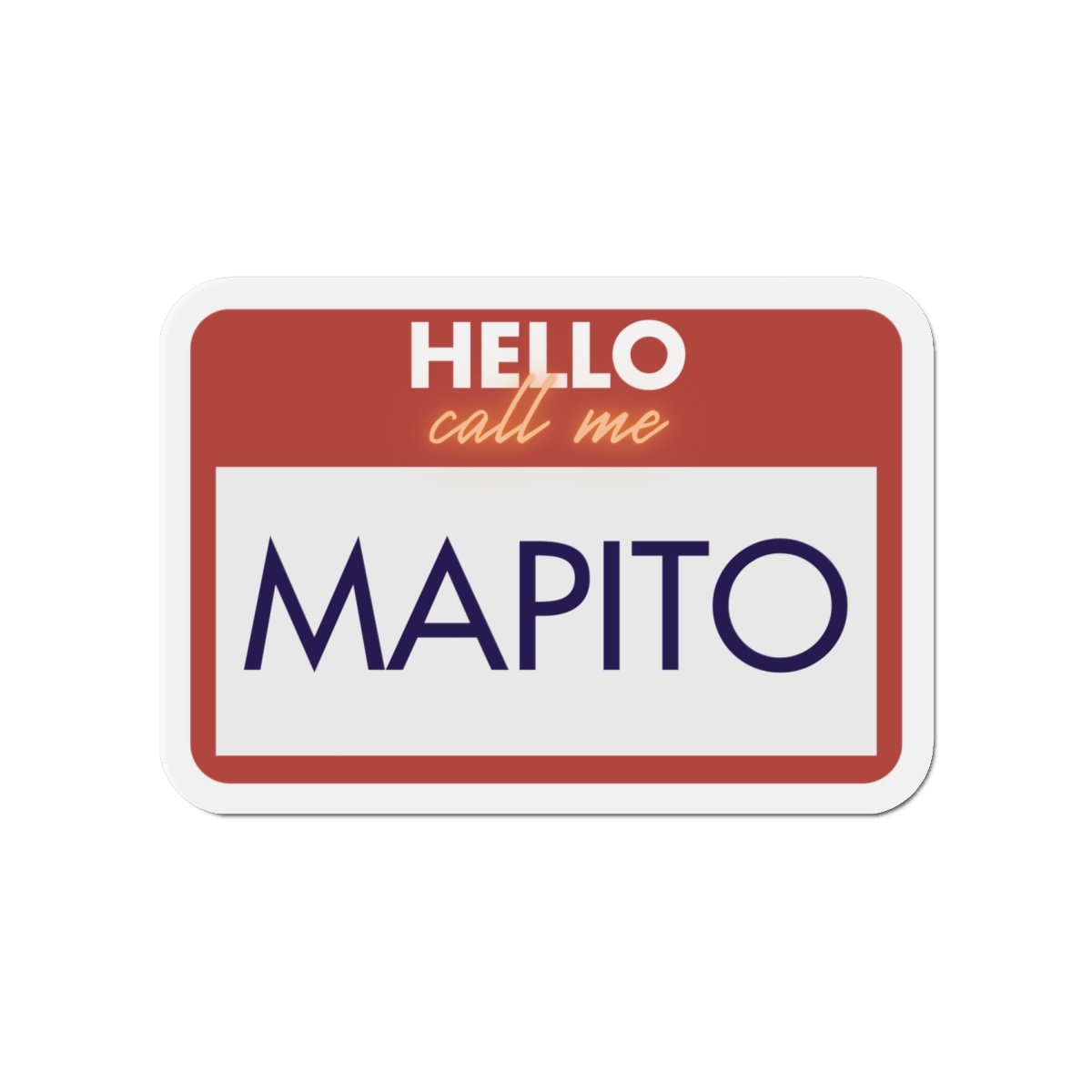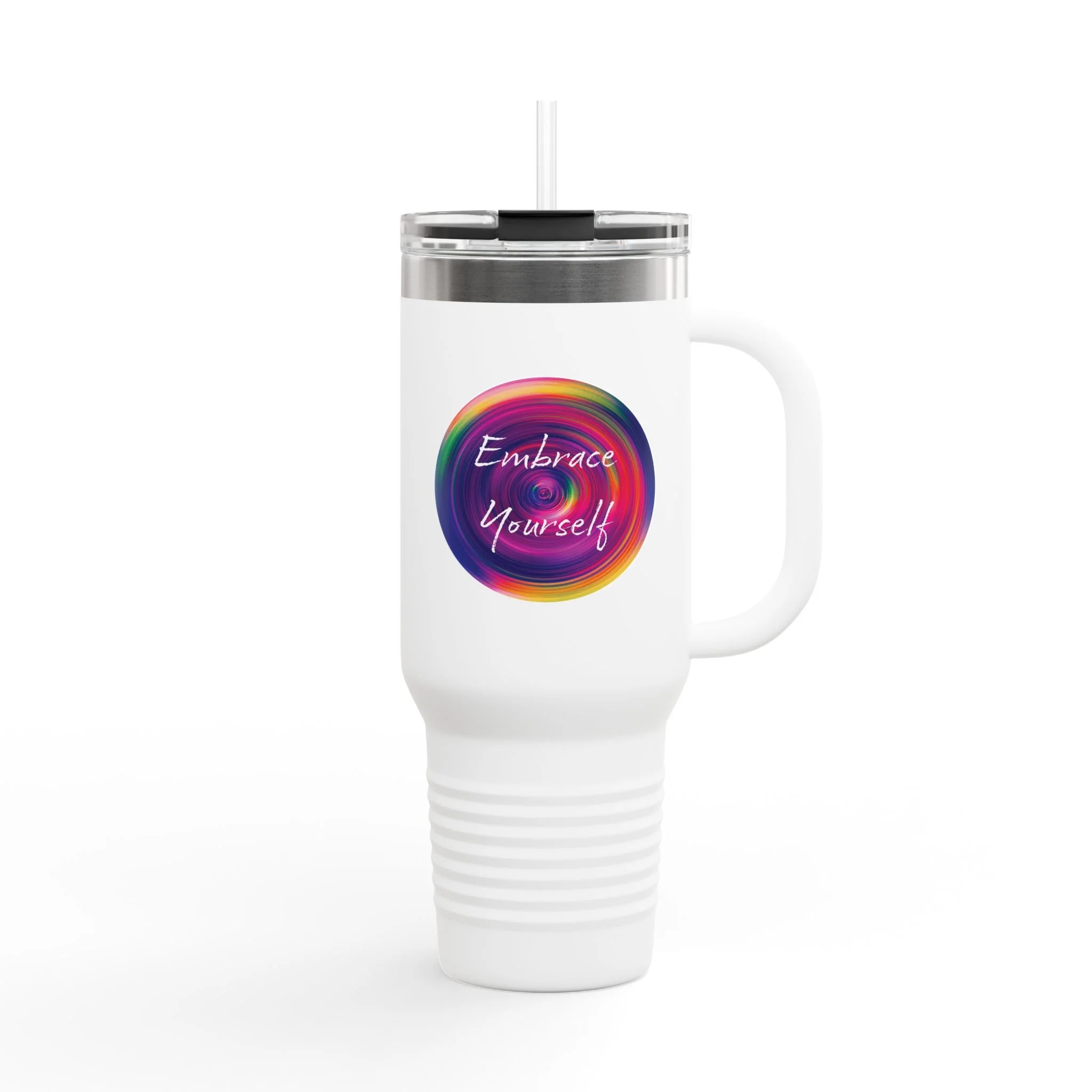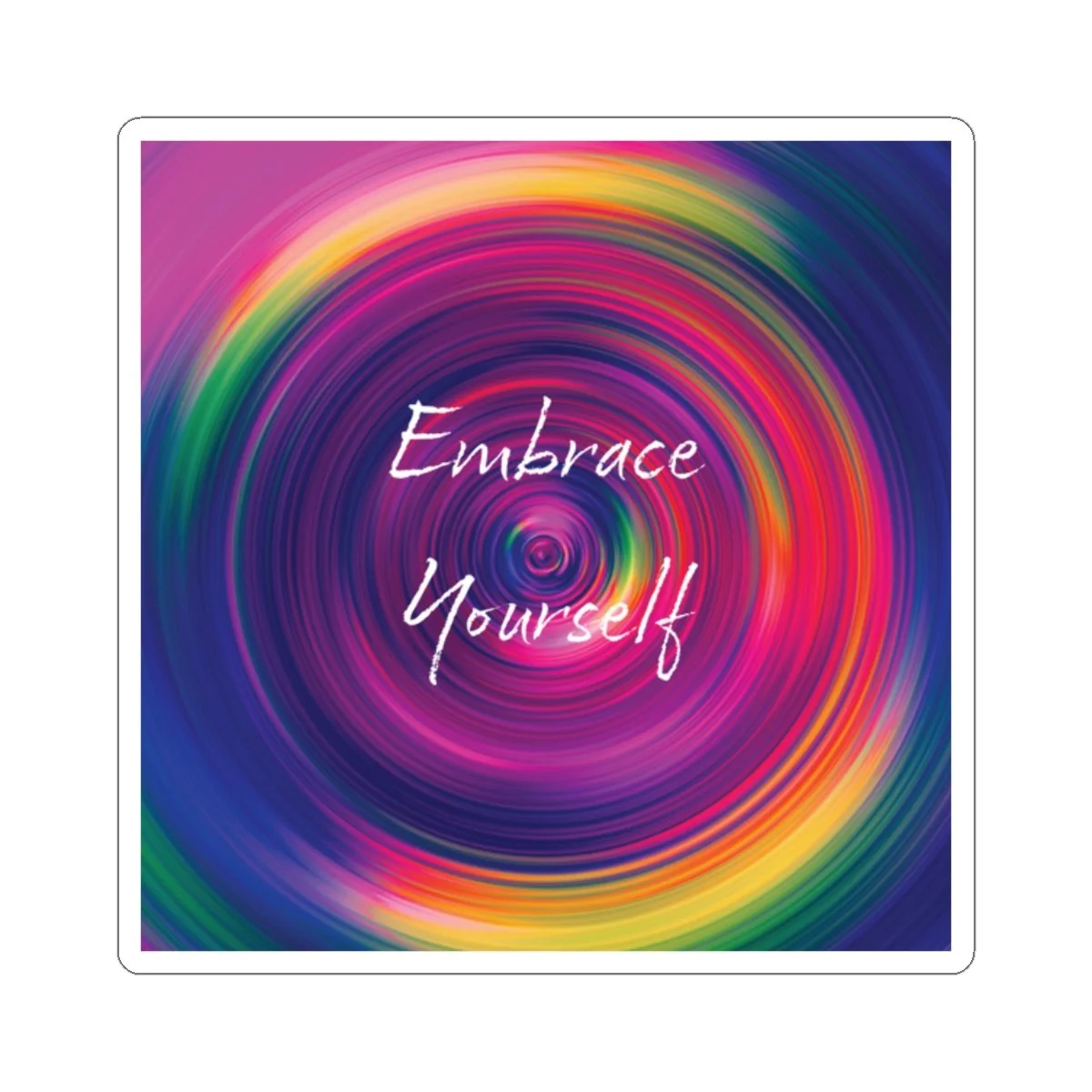Chani Getter is a therapist, speaker, and interfaith minister.
Chani supports people to discover themselves, embrace their truth, and celebrate their milestones.
Chani’s book Is Here
order now!
MAPITO: EMBRACE YOURSELF
Chani’s debut book, Mapito is a powerful how-to guide for finding, accepting, and loving every part of yourself. Through a collection of memorable stories—sometimes funny, often poignant—Chani reveals profound truths about the human experience. Mapito reconnects you to what really matters, offering a fresh perspective on life, love, and self-acceptance.
Praised by therapists and activists alike, Mapito is a heartfelt, revelatory masterpiece. It is trauma therapy made accessible, a celebration of the human spirit, and a guide to living more freely and authentically than you ever imagined.
Drawing from deeply personal experiences, Chani's narratives are both relatable and illuminating, providing insights into human psychology and the shared struggles we all face. With warmth, humor, and compassion, Mapito gently encourages readers to wake up, slow down, and embrace the parts of themselves they may have overlooked or forgotten.
Learn to Pause ANd
Be in the Moment
Can you hear your own voice right now? Are you in touch with your true self?
There is so much noise, it’s challenging to stay connected to ourselves.
Create the time and space you need.
Chani’s next Slow Down Challenge starts soon. Get powerful tools that will connect you to what matters most. Sign up to reserve your spot and be the first to learn about Chani’s next offering.
Hire Chani
PUBLIC speaker & educator
Chani delivers powerful keynote speeches on self-discovery, personal growth, religious trauma, and cultural humility. Chani also leads workshops and trainings for staff at social, legal, and academic institutions such as family law attorneys, social workers, and university guidance counselors.
congregational speaker
Chani’s memorable sermons blend personal stories alongside ancient Jewish wisdom. Fluent in English, Yiddish, and Hebrew prayers, Chani is an ordained interfaith minister who explores many forms and expressions of the Divine.
THERAPIST & COUNSELOR
Chani is a Licensed Clinical Social Worker (LCSW) and an expert in religious trauma. Chani has worked extensively with people raised in insular communities including ultra-orthodox Jews, Mormons, Muslims, and fundamentalist Christians.
RITUAL Officiant
An ordained interfaith minister, Chani is a beloved officiant for weddings, funerals, and other rituals. Chani works with individuals and families to create personal, meaningful ceremonies that honor the celebrants, incorporate their various traditions, and welcome all guests.
